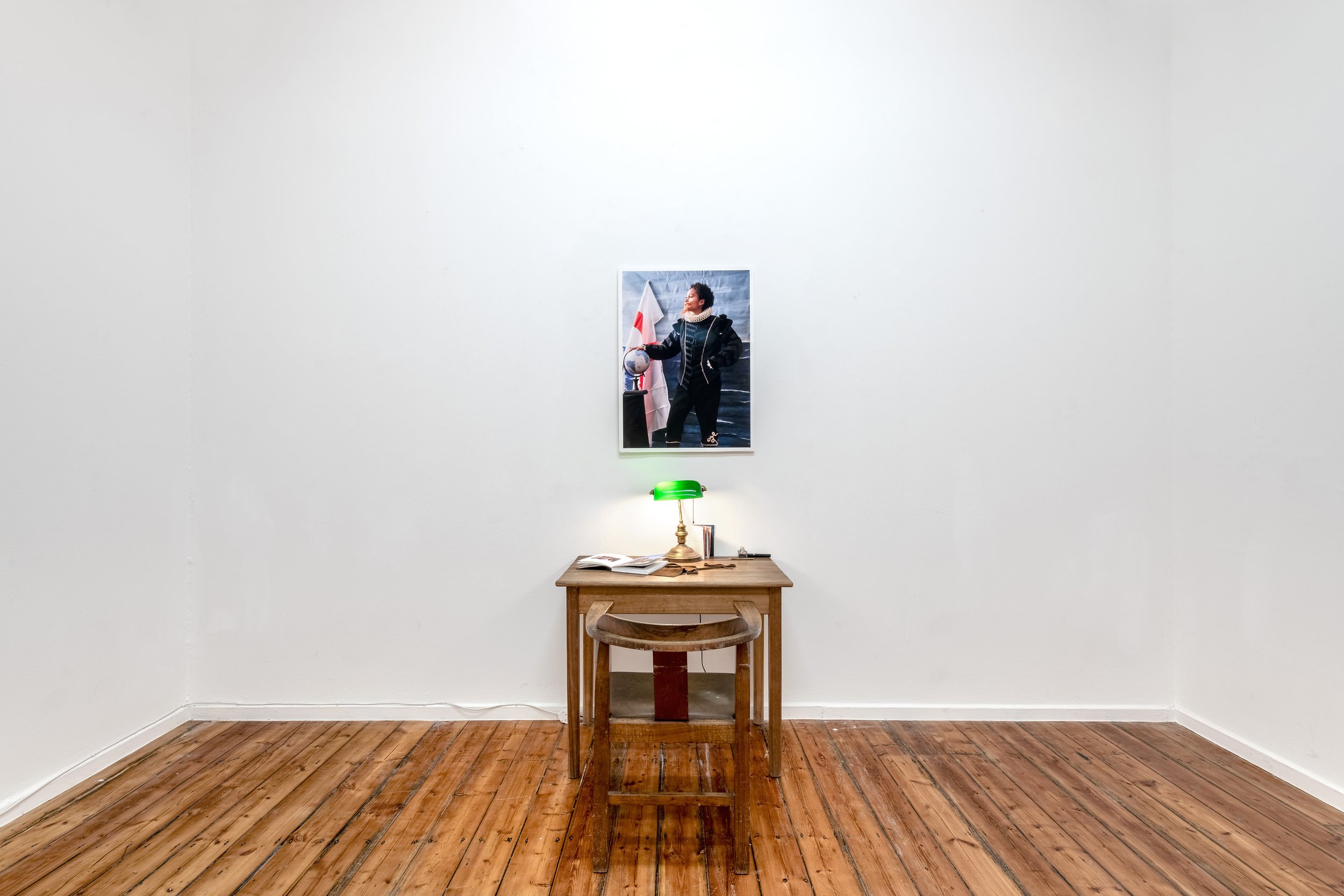For decades my family has believed that we are descendants of Sir Francis Drake, the first Englishman to circumnavigate the globe.
According to my grandmother’s sister, Daphne, upon Drake’s arrival in South Africa, he and his brother, Thomas, had a fight. Thomas was so enraged by his brother Francis that he refused to return to the ship, and he settled on the east coast of South Africa, which today is the Eastern Cape.According to the myth Thomas began his new life and married a Khoi woman, with whom he started a family. They went on to have many children, of which one came to own a farm in Hankey, which is coincidentally where Sarah Baartman was from. A few hundred years later, my great-great-great-great uncle, Boet, apparently received a letter from Queen Victoria, stating that a representative of the family should make their way to London, as it was confirmed that we are descendants of Francis Drake and need to claim our inheritance. Unfortunately, uncle Boet feared the sea and the mysterious money was never claimed.
An alternate story that circulates my family, according to my great-great aunt Anne, is that the Drake’s are descendants’ of 1820 settlers – who originated in Plymouth and were descendants of Drake’s brother Thomas. The settlers settled in both East London and Grahamstown (Makhanda). Today, some of the family still resides in Grahamstown and others in Port Elizabeth. Whichever or neither story may be true, the ardent belief in this myth has given my family a great sense of dignity and pride.
These compelling stories lack hard evidence, such as records of the letter from the queen and records which seem to show that the Drake’s were not part of the contingent of 1820 settlers. Not to mention the fact, that Francis Drake nor his brother ever set foot in South Africa. The archives do not corroborate the story. Through this body of work, I investigate how claiming a European genealogy might affect a family of colour, especially within the landscape of post-apartheid South Africa, where petty apartheid and the colonial matrix of power still function. By using a decolonial lens I try to imagine an alternate reading of my family’s history, one in which their imagination works as a tool of liberation - in that they can transcend apartheid’s imposed racial groupings by claiming a trans-national genealogy and identity.
Installation view
Video
“From Jaua Maior we sailed for the cape of Good Hope, which was the first land we fell withall: neither did we touch with it, or any other land, untill we came to Sierra Leona, upon the coast of Guinea: notwithstanding we ranne hard aboord the Cape finding the report of the Portugals to be most false, who affirme, that it is the most dangerous Cape the world, neuer without intolerable stormes and present danger to trauailers, which come neere the same.
This cape is a most stately thing, and the fairest cape we saw in the whole circumference of the earth, and we passed by it the 18 of June.”




















